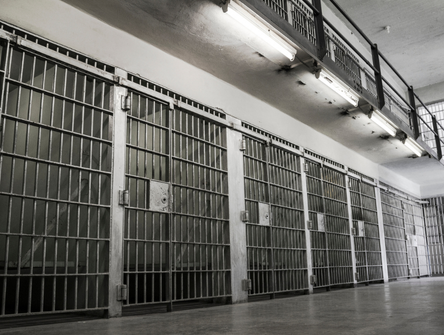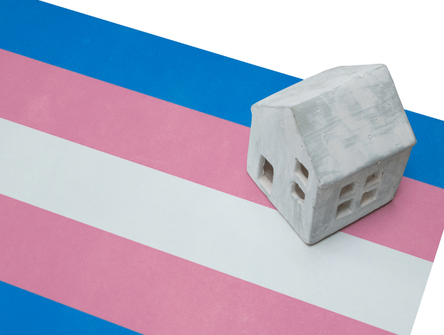Bye-bye to the bar exam?
The latest episode of Verdicts and Voices looks at why several provinces and territories have already ditched it, and what they’ve replaced it with

Passing the bar exam has long been a necessary step to becoming a lawyer in Canada. But is it really the best way to test the readiness of a future lawyer?
Increasingly, law societies across the country are saying no.
In October, the Law Society of British Columbia decided to give the bar exam the boot, following in the footsteps of Prince Edward Island, Alberta, Manitoba, Saskatchewan, Nova Scotia, and Nunavut.
Recently, the Law Society of Ontario announced it may be heading in the same direction.
So, what’s replacing the bar exam? It’s the Practice Readiness Education Program (PREP), a four-phase course that includes tasks assessing not only students’ knowledge of the law, but also their oral and written lawyering skills, ethics, client relationship management, and practice management skills.
On the latest episode of Verdicts and Voices, legal sector analyst, forecaster and consultant Jordan Furlong and Jennifer Pink, acting executive director of the Nova Scotia Barristers’ Society, share why the move to the PREP course will help strengthen the quality of lawyers in Canada.
Furlong says the flaws with the traditional bar exam are that it tests knowledge about the law and the ability to recall information quickly in a time-pressured environment, but “it doesn't actually say anything about all the other skills you need to be an effective lawyer.”
In contrast, the PREP course focuses on practical skills that law school graduates need as lawyers, such as running a law practice and interacting with court officers.
“It's geared to an entry point level,” Furlong says.
“We all know the old expression that you can't put old heads on young shoulders, nor do we really want to. Nobody expects that on your first day as a lawyer, you will be as confident and calm as a 10- or 15-year veteran.”
Pink took the Ontario bar exam but now leads an organization that made the switch to PREP in 2020. The change wasn’t met with much resistance at all from members of the Nova Scotia bar.
“Bar exams are so entrenched in our profession. The apprenticeship of law is a very long-standing tradition,” she says, adding that there is sometimes an attitude by more senior lawyers of ‘I went through it, so should you.’
"It was a fairly easy decision when it was made. There has been no pressure to move back or to change since then.”
Furlong says there’s a tendency to put on retroactive rose-coloured glasses about how important the bar exam is for testing and articling.
“People tend to forget, a little bit, just how unpleasant it was, and also, more importantly, how little it really prepared them for the practice of law that they were about to enter.”
Those pushing back against ditching the bar exam for the PREP course worry it will compromise the quality of lawyers, but Furlong believes the opposite is true.
“You are actually being introduced, instructed, trained, coached, and mentored in all of the aspects of what actually makes you a good lawyer,” he says, adding that the complaints law societies get about lawyers don’t generally include a lack of knowledge about the law.
“It is around communication. It's around setting expectations. It's around what did the retainer letter say and not say? Did they return my email? These are the fundamentals.”
PREP begins with foundational learning and gradually transitions to an experiential stage, where students work in a virtual law firm with actors posing as clients.
“You'll be at your desk at home, and you get an email pop up, and it's the client,” Pink says.
Students write their opinions, and as the matter evolves, they have the opportunity to experience the phases of negotiation and advocacy, and receive feedback from a senior partner.
“They are much better prepared than even I was,” Furlong says of students who take the PREP course, as they’re exposed to the nuances of practicing law before becoming lawyers out in the real world.
“It's a gradual on-ramp into practice. Rather than our American friends — (where) you go straight from law school, pass the bar, boom, you're a lawyer — we’re more like a dimmer switch that ramps up.”
He adds: “I think the more of that we can do, the better.”
Tune in to hear more from Pink and Furlong about why the PREP course is more effective than simply adding an extra year to school, and why it’s significant that Ontario is considering scrapping the bar exam.


